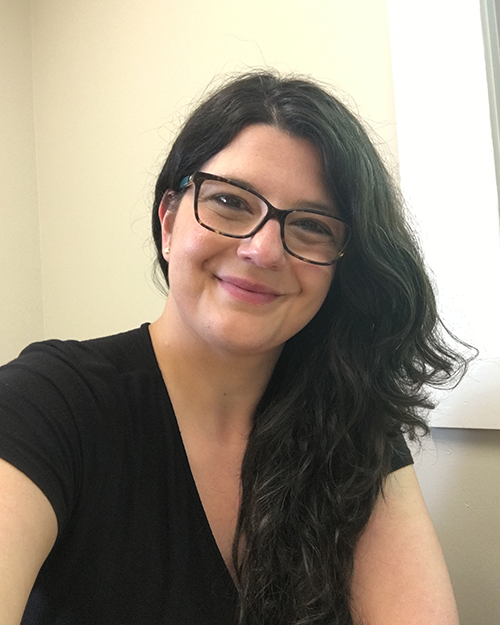
Assistant Professor Jaime Ross investigates fundamental questions of aging. In this Q&A, she shares her thoughts on the questions that drive her research and what she finds most encouraging about the aging process.
How did you become interested in studying aging?
It happened by accident. I was studying a robust model of premature aging developed at Karolinska, as a PhD project in Lars Olson’s lab, and my task was to understand the downstream effect of impaired mitochondria on aging, with a particular focus on the central nervous system.
Shortly after becoming engaged in that project, I became highly intrigued by the aging process: What drives it? How can we track it? Why do some people age better than others? What can we do to slow it down, and how does it contribute to disease onset?
What have you found most encouraging in terms of what we know about staying healthy as we age?
What I find encouraging is that it’s not all bad news. About 30 percent of cases of dementia are actually attributed to modifiable factors. They are things within our control––for example, managing diseases such as hypertension, high cholesterol, and diabetes; making sure we stay social and ward off isolation; decreasing bad stress; getting healthy sleep; staying active physically and mentally; managing weight and a healthy diet; and not abusing substances, including alcohol and caffeine.
The other encouraging part is that research has shown us since the 1930s that aging is modifiable. We’ve seen this with caloric restriction and gene manipulation. Prevention of age-related diseases is also malleable. We’re not just beholden to our genes or to a decrepit future.
What aspect of aging research do you feel is under-explored? I’m most interested in wanting to understand how the genome communicates with mitochondria, and vice versa. When our cells experience stress, of aging or because of a toxin, what signals are the mitochondria or other organelles sending that can influence gene expression? I’m also interested to know whether the brain ages differently than the rest of the body, and how? And, most important, how do our genetic backgrounds or risk interplay with our lifestyle and environment to affect aging and disease onset?
You began your career working with two highly prominent scientists in aging research: David Sinclair, Ph.D. at Harvard Medical School and Lars Olson, Ph.D. at Karolinska Institutet. What did you learn from them?
Working with David Sinclair taught me to be very tenacious and pursue my research ideas, even if others don’t necessarily agree with you. Training with Lars Olson taught me many things, but there are two that have stayed with me. The first is to have the utmost integrity. Second, never look the other way from a scientific discovery. If you discover something inadvertently, follow it all the way to the end. Don’t think your hypothesis has to be correct; it could be wrong, and that will tell you something. Some scientists run away from that, but he taught me that you should embrace it. That’s how you make discoveries.
________________________________
Jaime M. Ross, Ph.D. is an Assistant Professor of Biomedical and Pharmaceutical Sciences at the George & Anne Ryan Institute for Neuroscience. She obtained her Ph.D. in Medical Sciences in the Department of Neuroscience at Karolinska Institutet in Stockholm, Sweden, in conjunction with the NIH Graduate Partnerships Program, and completed post-doctoral training at both Karolinska Institutet and Harvard Medical School. Dr. Ross’s overall research interests are to use genetic and genomic approaches to understand the basic mechanisms of disease, focusing on aging and age-related diseases.
